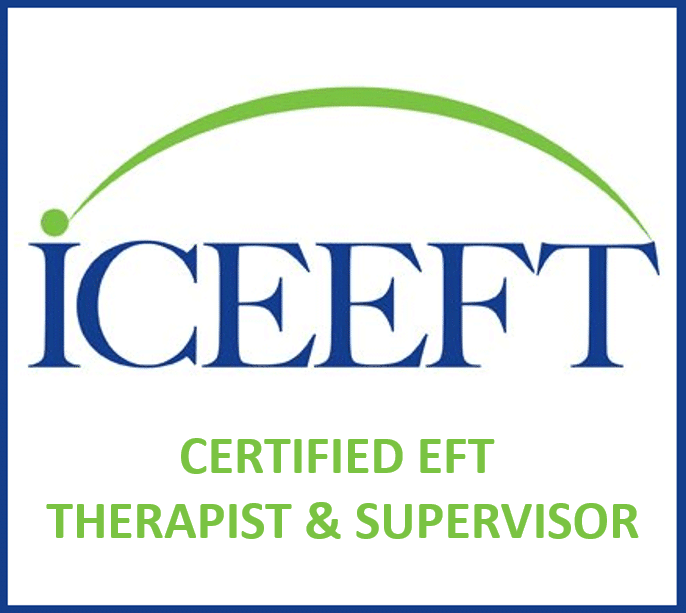
You have probably heard about IQ (Intelligence Quotient), a measure of cognitive intelligence. It is often used to assess a person’s ability to reason, learn, and solve problems. Emotional intelligence (referred to as EQ or emotional quotient) is the ability to identify, understand, and manage one’s own emotions, as well as to recognize and respond appropriately to the emotions of others. It involves skills such as empathy, self-awareness, and effective communication.
Emotional intelligence is important for personal and professional success, as it can help individuals build stronger relationships, make better decisions, and navigate social situations more effectively. For these reasons, it is the #1 key to success for both you and your child.
When we understand our own emotions, we are better able to regulate them.
If we feel angry and don’t understand why we’re angry, our outbursts and feelings become much more difficult to control. Identifying the root cause of our emotions helps us manage and communicate them effectively. We are able to move forward with positive coping mechanisms and emotional regulation rather than react in ways that damage relationships and increase our pain.
Ultimately, those with high levels of emotional intelligence have high levels of empathy.
Empathy is the ability to feel and experience someone else’s emotions.

